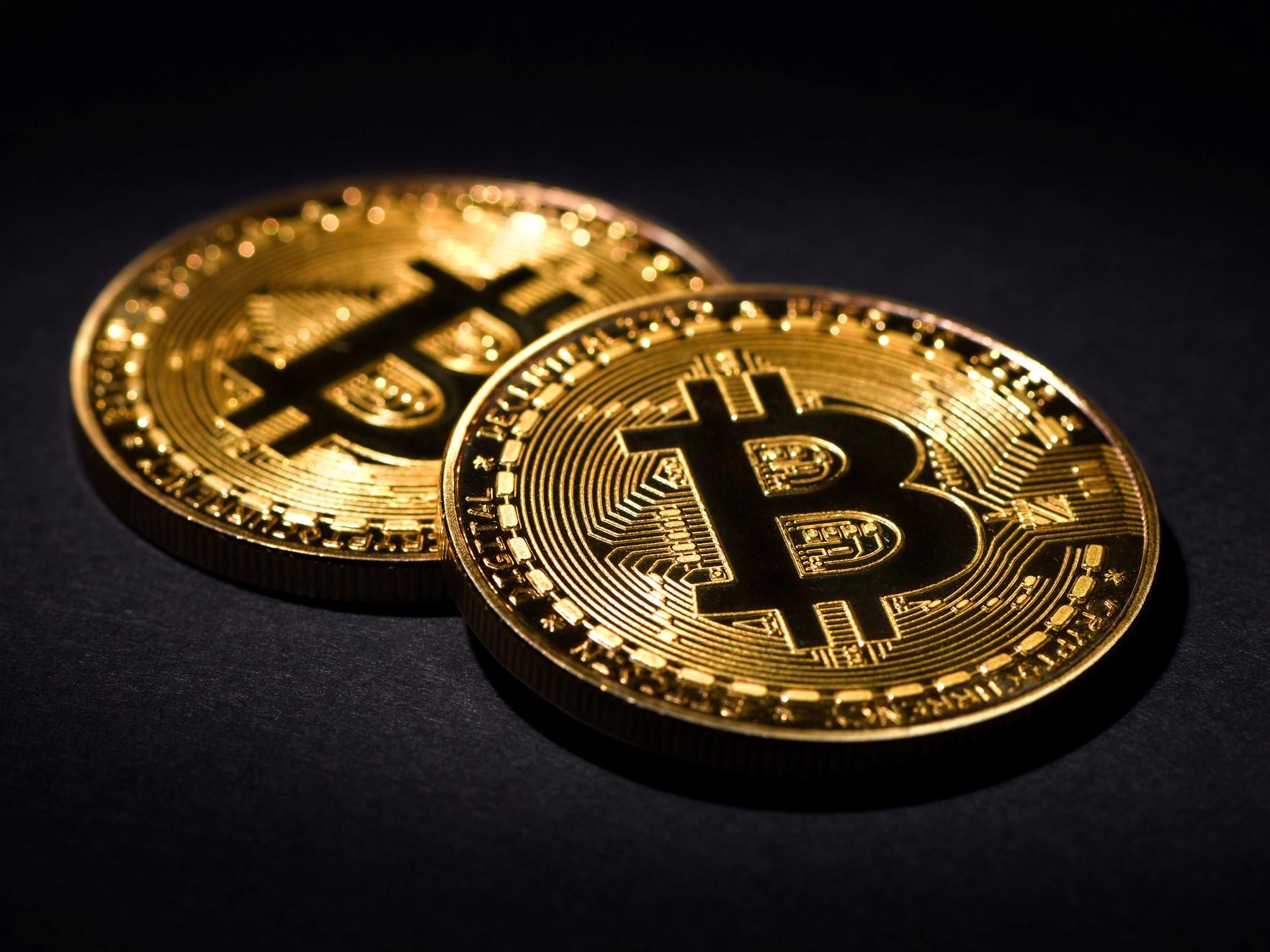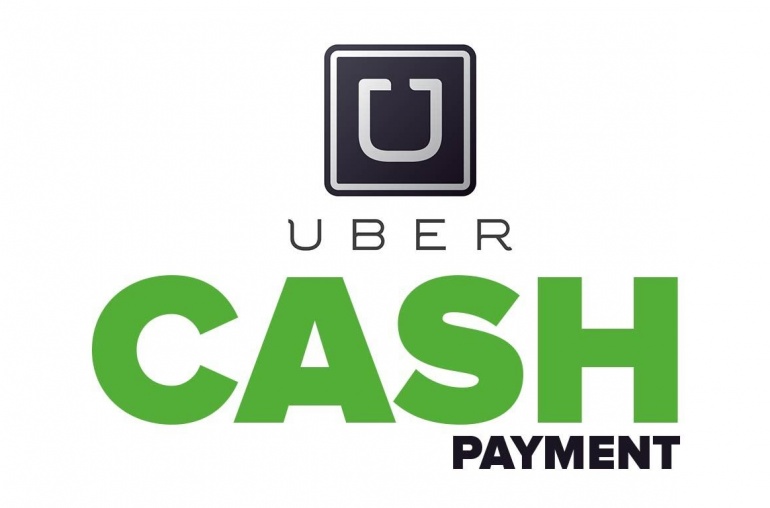Traders are always looking for a frictionless and enjoyable shopping experience for consumers, but safe and profitable for retailers. One of the latest payment trends, bitcoins – a cryptocurrency created by a person or group using the nickname “Satoshi Nakamoto ” in 2008-has a total current value of more than $ 20 billion. And these traders are taking notice.
It’s not just dollar signs that interest traders-the promise of full transaction security and the elimination of reverse bonds has more e-commerce retailers accepting bitcoins. While Bitcoins are fulfilling those promises, is it enough for traders to adopt this new (still unproven) cryptocurrency as a payment method?
What Is Bitcoin?
Put simply, bitcoin is a peer-to-peer digital currency that can be sent and received between user accounts without having to be routed through a financial institution. Each transaction is processed, verified and publicly recorded by a network of bitcoin enthusiasts (called“miners”) who trade their business for a chance to win new bitcoins. When a certain number of payments are processed, the system produces new coins until 21 million enter circulation. Bitcoins are a cross between a currency and a commodity, and their price depends on its activity and the value given by those who buy it only as an investment, leading to a reputation for volatility.
How Bitcoin-Based Transactions Can Eliminate Reverse Packages
In a traditional credit card transaction, merchants pull sensitive data from a customer’s card to complete the sale. During this transfer, consumers are at risk of personal data being hacked, stolen and used by fraudsters. But bitcoin transactions are more like cash sales: customers decide definitively how much to transfer to a trader. And because the blockchain structure behind bitcoins is almost immune to hacking risks, traders don’t have to worry that the payments are fraudulent.
That protection extends even after a bitcoin transaction. When a customer files a credit card refund, the card issuer immediately refunds the recipient’s money while the refund is reviewed (rarely ending up in a positive decision for the merchant). But making a purchase with bitcoins virtually eliminates the risks of reverse payments for traders. There is no dispute procedure and no third party where a consumer can file a complaint. Bitcoin sales are final (unless traders choose to return the money voluntarily), making Bitcoins an attractive alternative payment method.
Bitcoin Tip: Not every transaction containing bitcoins is immune to irreversible or reverse packages. Some exchanges allow customers to buy bitcoins using credit cards or PayPal, which are the only transactions containing bitcoins that are vulnerable to reverse packages. If a customer makes a successful refund on the transaction, they retain the purchased bitcoins and the dollar amount of the transaction.
Along with the virtual elimination of refunds, comes the elimination of the refund delay-120 days for a customer to make a refund after the transaction date. This reverse payment delay has traditionally damaged an e-commerce retailer’s balance sheet and affected a trader’s bottom line, reputation and ability to do business. The blockchain technology behind Bitcoin puts the money in the retailer’s hands and balance sheets permanently and promptly.
Should Online Retailers Start Accepting Bitcoins?
While Bitcoin payments promise a great deal to protect traders from fraud and repayments, they do little to protect and compensate defrauded customers. Because Bitcoin transactions are really Recent, the buyer is unlucky (and money) if they do business with a fraudster or a trader who doesn’t want to fix a transaction that goes wrong. If an alternative form of payment is not offered, the customer may be cautious to pay a trader in bitcoin, instead walking away from the sale.
Also, just because bitcoins protect traders against friendly fraud and counterproductive accusations doesn’t mean they’re not risky. Bitcoins have no intrinsic value, no perceived value, so their wildly fluctuating, depending on what people pay for them. Prices in 2017 ranged from $800 to $20,000 per coin, and if prices fall, accepting bitcoins as payment is a gamble for traders.
Alternatives to Bitcoin for Reverse Payment Elimination
Bitcoins offer the potential to put the power of a transaction back in a trader’s hands, as they no longer worry about the potentially devastating effects of reverse packages.
But bitcoins remain popular among retailers: only three of the top 500 internet sellers accepted bitcoin-down from five in 2016. The lack of widespread use suggests that retailers should not yet rely on bitcoin as a substitute for traditional payment cards or as the primary method of eliminating the risk of refunds.




